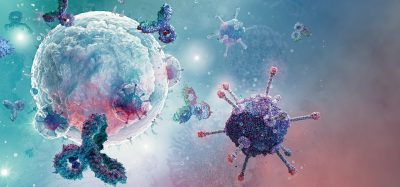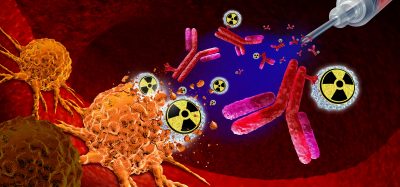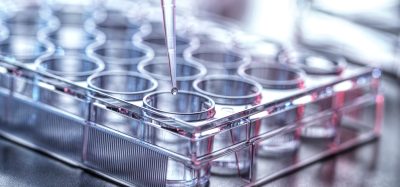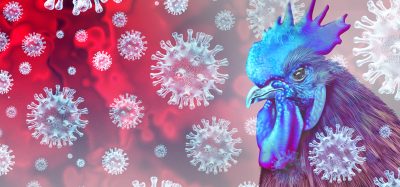New AI model could help to overcome antibiotic resistance
Posted: 27 March 2024 | Drug Target Review | No comments yet
Six molecules that had potent antibacterial effect against one of the world’s most dangerous antibiotic-resistant bacteria were generated.
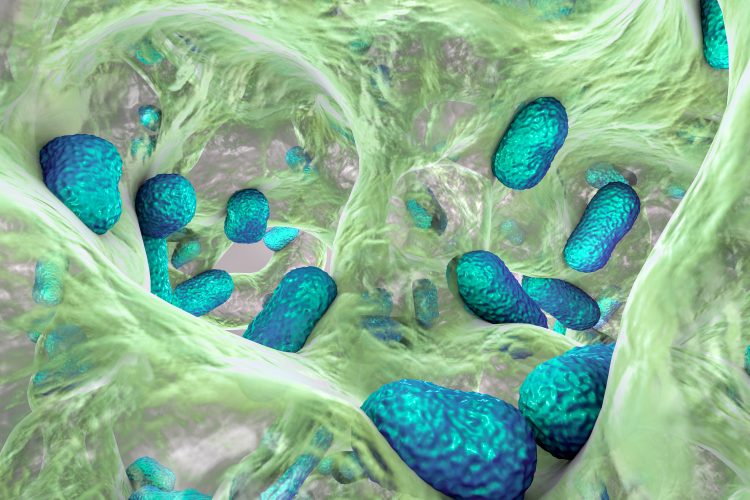

Scientists from McMaster University and Stanford University have invented a new generative artificial intelligence (AI) model which can design billions of new antibiotic molecules. These molecules are inexpensive and easy to build in the laboratory.
Antimicrobial resistance (AMR) is a global health concern, creating a dire need for new antibiotics. Even modern AI methods are limited at isolating promising chemical compounds, particularly when researchers must also discover methods to manufacture these new AI-guided drugs and test them in the lab.
The researchers report that the new generative AI model, named SyntheMol, can design new antibiotics to stop the spread of Acinetobacter baumannii. The World Health Organization (WHO) has identified this as one of the world’s most dangerous antibiotic-resistant bacteria, as it can cause pneumonia, meningitis and infect wounds, all of which can lead to death. There are very few treatments left.
Lead author of the paper Dr Jonathan Stoles, assistant professor in McMaster’s Department of Biomedicine and Biochemistry, said: “Antibiotics are a unique medicine. As soon as we begin to employ them in the clinic, we’re starting a timer before the drugs become ineffective, because bacteria evolve quickly to resist them.”
“We need a robust pipeline of antibiotics and we need to discover them quickly and inexpensively. That’s where the artificial intelligence plays a crucial role,” he continued.
The researchers drew from a library of 132,000 molecular fragments and then cross-referenced them with a set of 13 chemical reactions. This allowed them to identify 30 billion two-way combinations of fragments to design novel molecules with the most promising antibacterial properties.
After, each of the molecules were fed through another AI model trained to predict toxicity. This process yielded six molecules which display effective antibacterial activity against A. baumannii and are also non-toxic.
Co-author of the paper Dr James Zou concluded: “Synthemol not only designs novel molecules that are promising drug candidates, but it also generates the recipe for how to make each new molecule. Generating such recipes is a new approach and a game changer because chemists do not know how to make AI-designed molecules.”
This study was published in Nature Machine Intelligence.
Related topics
Antibiotics, Artificial Intelligence, Drug Development, Drug Discovery
Related conditions
Antibiotics resistance, Antimicrobial resistance (AMR)
Related organisations
McMaster University, Stanford University, World Health Organization (WHO)




